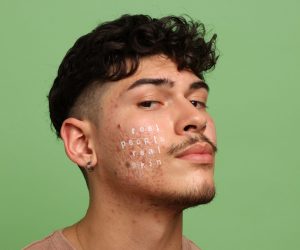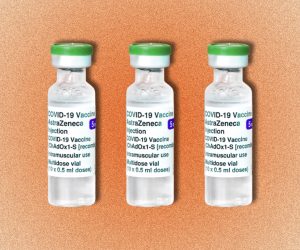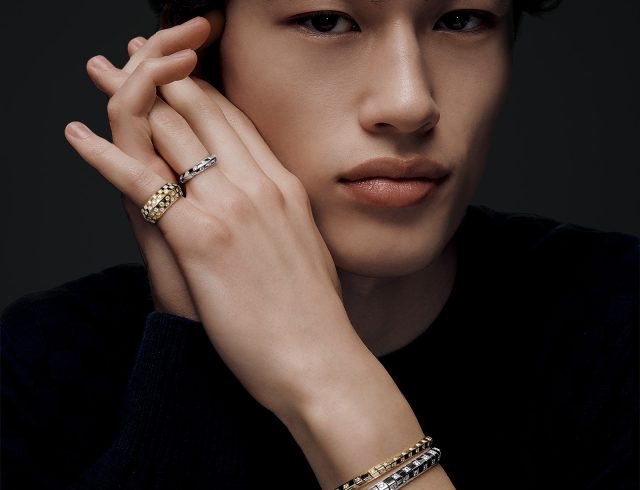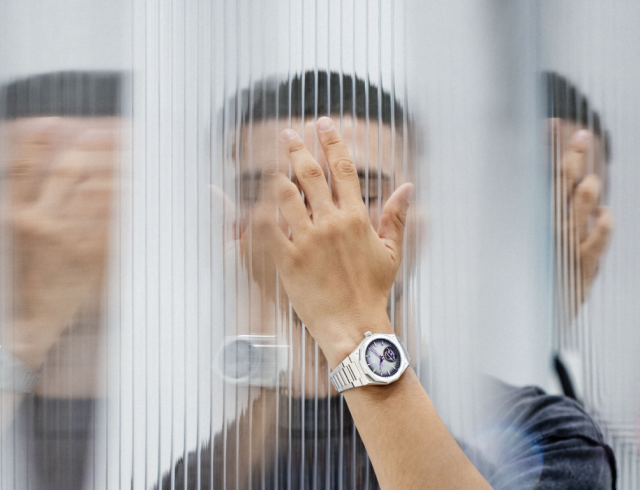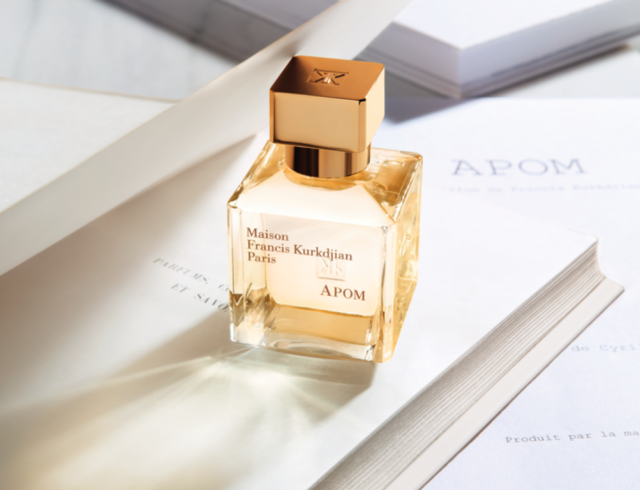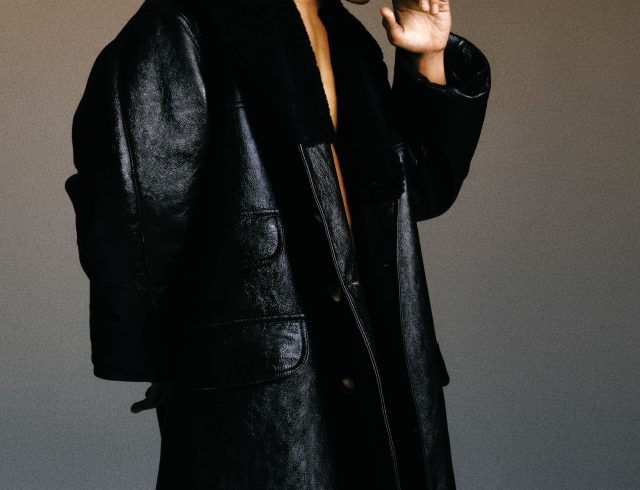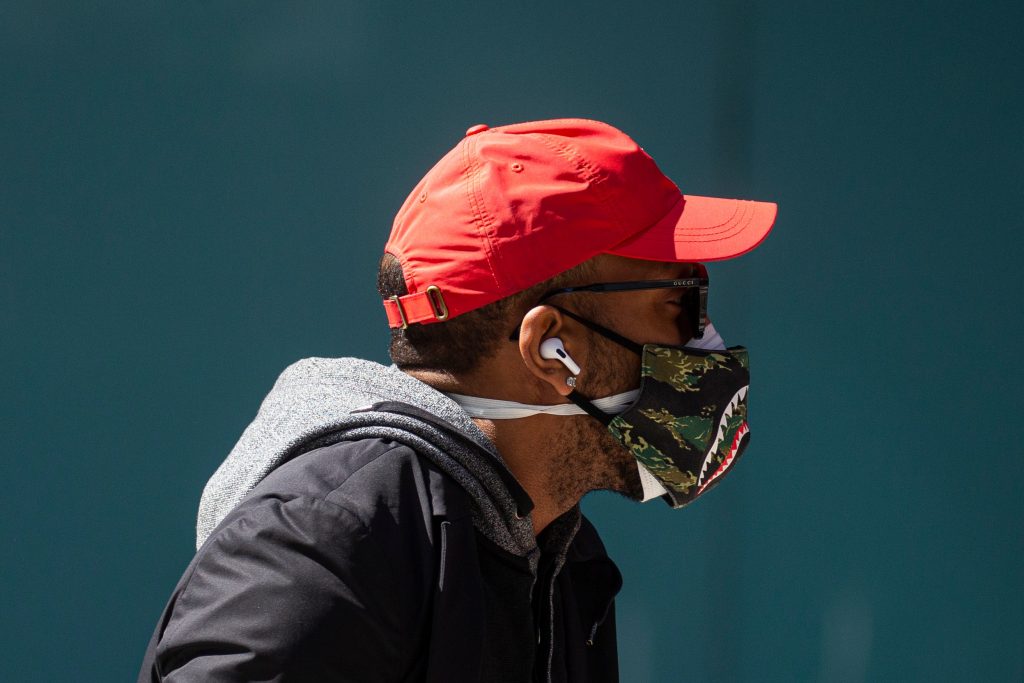
Face mask is a non-negotiable safety measure for curbing the spread of COVID-19 but this new normal has brought on an inevitable skin concern. You’ve probably heard the term “Maskne” – a random outbreak of pimples caused by wearing a mask. These pesky breakouts often occur along the jawline, or anywhere where the mask makes contact with the face, trapping bacteria and dirt within our pores.
Your skin may not like being covered and if you’re experiencing maskne or other related skin irritations, know that you’re not alone. While 2020 pretty much feels beyond repair, maskne doesn’t have to be on that list because there are steps you can take to minimise flare-ups and treat existing maskne, and at the same time, protect yourself when wearing a face covering. We reached out to Dr Anna Hoo, the founder and CEO of Anna Hoo Clinic, an aesthetic group practice to learn about maskne, including – more specifically – how to treat and prevent it during this new normal.
What is maskne?
Technically, the clinical name for this kind of breakout is called acne mechanica. It may be new to the public but it’s a common term even before the pandemic especially among professions who have to wear PPE all day and athletes wearing helmets and chin guards, says Dr Anna.
What exactly causes maskne?
Maskne is caused by the rubbing and friction on the surface of the skin due to mask wearing. “When the tiny hair follicles on our face become irritated from friction, which are further compounded with the moist and humid conditions as we breathe into our masks, our skin becomes a breeding ground for bacteria,” Dr Anna explains. In other words, not only does the friction lead to micro-tears in the skin and clogged pores, the mask’s closed or occlusive environment and the absence of oxygen stop our skin to function normally and encourage growth of bacteria that feast on the oil and dead kin in your pores. “This does not only make acne worse, but may also cause more severe conditions such as reddish rashes at the lower part of the face where your mask usually sits,” says Dr Anna. And there’s more: warm, humid weather, perspiration and stress can upregulate all these effects.
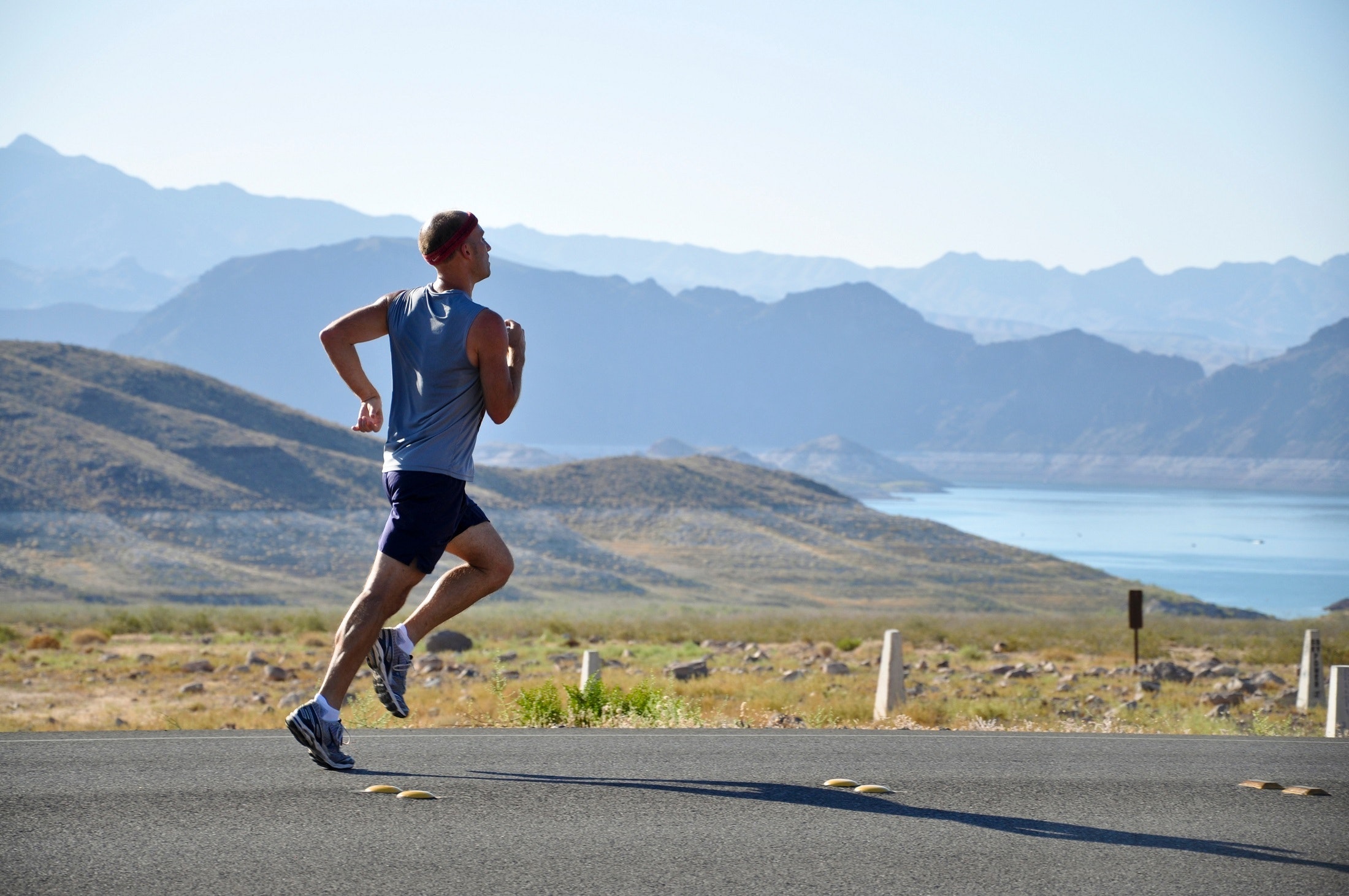
How can I prevent maskne?
Dr Anna suggests few steps to follow when wearing a face mask. “Practice good general mask-wearing habits such as avoid taking off and re-wearing the same mask for too long; make sure your mask fits well and try to avoid moving your mask around too much to minimise friction,” she says, adding, “When you remove your mask, make sure to put it back on with the same side facing outwards.”
Dr Anna also points out that only wear mask when you need to – so that means getting on and off public transport and while you’re in highly congested areas. “As much as possible, try to avoid wearing your mask for too long, as it may have absorbed your sweat, make-up and dirt and bacteria,” she advises. “When contaminated, the microbes will grow into the weave of your mask fabric, and it will breed more acne,” she adds. In addition, it’s important to wash your cotton mask and make sure it’s completely dried after every use as it’s crucial to get rid of all the oil, grease, make-up and bacteria that tends to rub off on your mask and clog pores.
Practicing good mask wearing habits and hygiene aside, you should also look after your general health too. “Acne, including maskne, is best dealt with from a wholesome perspective which includes staying hydrated by drinking lots of water, eating a balanced diet and exercising regularly,” Dr Anna says, adding that getting enough sleep is also crucial for the skin to rejuvenate.
Should I change my skincare routine?
Dr Anna warns us not to go overboard in trying out new skincare routines during this time as “too much experimenting will inevitably lead to skin irritation”. Instead, she recommends washing your face with gentle, hydrating cleansers if you don’t already and avoid heavily formulated products. It’s also beneficial to moisturise regularly (for the best moisturisers, click here). “The moisturiser does double duty here: besides moisturising the skin, it can protect it from mask friction,” she says. “Do take advantage of mask-free times of the day such as when you’re sleeping to apply a hydrating moisturiser. If you use retinol, you may apply it on an alternate night, and again, hydrate your skin well.”
She also encourages limiting the use of make-up while wearing masks. “Those who regularly apply foundation should consider going make-up free when wearing a mask, at least until the maskne clears up.” Dr Anna agrees that sunscreen is vital, whether in the midst of a pandemic or not, saying, “Daily sunscreen is still essential even if half your face is covered with a mask, and don’t forget to moisturise your lips with a gentle balm or serum.” But if you’re experiencing persistent maskne that cannot be controlled with lifestyle adjustments and topical medication, you should consult a professional.
Featured image by Getty and image by Pixabay on Pexels. This story first appeared in the October 2020 issue of Men’s Folio Malaysia.




